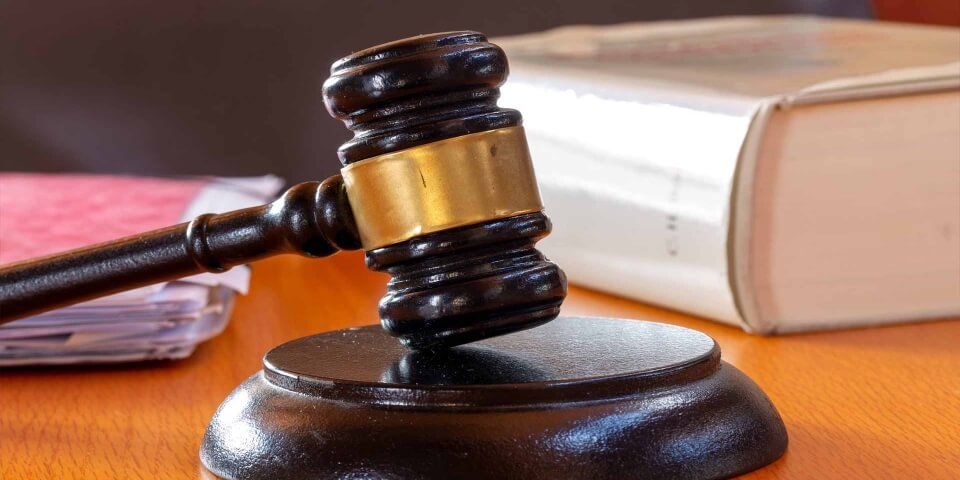أسئلة وأجوبة
Dubai criminal appeal: Can a victim present new arguments at the hearing?
I am seeking procedural advice for a criminal appeal hearing in Dubai.
I am the victim in a "theft by coercion" case. The defendants were acquitted, and I filed the appeal myself. My appeal memo lists some points. My hearing is November 25th. I am not familiar with the procedure.
My questions are:
- Will the judges/defence question me, or will I be allowed to present my arguments from my memo?
- Most importantly: I found new, strong contradictions in the case file that are not in my written appeal memo. Can I verbally introduce these new arguments at the hearing, or is the hearing strictly limited only to the points in my written application?
- Any guidance on what to expect and if I can present new points is greatly appreciated.
Thank you.
Were you a civil plaintiff, or did you submit a request to the prosecution, which then filed the appeal?
It's possible that the judge or the defendant's lawyer might question you.
We need to review the case file. For further inquiries, please contact us via phone or WhatsApp.
Ali Ibrahim Advocates and Legal Consultations
Hello,
As per your query, please note that in the appeal, there can not be new documents.
However, you can have a meeting with the prosecution office and submit the memorandum accordingly, or you can submit the memorandum by yourself too, as you said you filed the appeal. The facts can be shown with the law if there is some error in the first court judgment.
Please contact us by email or WhatsApp, or call.
We fully understand your concerns regarding the appeal proceedings, especially as you are dealing with a sensitive criminal case involving an armed robbery. Below is an outline of what you can expect in the appeal session and answers to your main questions:
1. Will you be questioned during the appeal session?
In general, the Court of Appeal does not question the victim as happens during the investigation or at the trial stage. At this stage, the court’s role focuses on:
- Reviewing the appeal memorandum you submitted.
- Examining the case file in its entirety.
- Listening to your comments or clarifications, if the court allows.
The judges may ask one or two questions to clarify certain points, but detailed cross-examination is very rare at the appeal stage.
2. Can you present new arguments or contradictions not included in your written memorandum?
Yes, generally, you can present new points during the session, provided they are directly related to the case file and may influence the judgment.
The Court of Appeal has broad authority to:
- Hear new defences.
- Discuss facts that were not adequately presented at the first instance.
- Reassess the evidence.
However, when presenting new points, it is preferable that they:
- Are well-organized and clear.
- Do not conflict with what was stated in your original memorandum.
- Are presented verbally in court when the judge allows.
Ideally, if time permits, submit a short additional written memorandum outlining the new contradictions.
3. What to expect during the session
The session generally proceeds as follows:
- Your case is called.
- The judge confirms your presence.
- The appeal memorandum is reviewed.
- The judge asks if you have any additional points.
- You may then present the new points and contradictions you have identified.
- The session may be adjourned to allow the opposing party to respond or for re-evaluation of the evidence.
Sessions are usually brief, but your verbal points are very important, as the judge will rely on them as supplementary observations to your appeal.
4. Important Advice
Even if you are not represented by a lawyer, try to:
- Write the new points on a sheet in a very concise manner (3–4 points maximum).
- Present them to the judge confidently and clearly, without lengthy details.
- Focus on the key contradictions that could affect the court’s assessment.
Legal Assistance
We would be pleased to prepare a short supplementary memorandum for you or provide guidance on how to present your arguments effectively in court.
For further communication, please contact us.
Be advised that at your Dubai criminal appeal hearing, you will primarily present the arguments listed in your written appeal memo, though judges may ask questions for clarification.
Introducing new contradictions or evidence not in your memo is generally restricted, but you may request the court’s permission to include significant points, especially if they were unavailable when you filed the appeal. It is recommended to submit any new evidence in writing before the hearing to ensure the court considers it.
For more details, please share your WhatsApp number.
In the Dubai Criminal Appeal Court, the process is quite simple and does not involve questioning the victim in the way you may expect. The judges usually confirm your identity, acknowledge that you filed the appeal, and then allow you to make a brief statement. You will not be cross-examined by the defence, and the hearing is generally short and procedural.
You are allowed to speak on the points already included in your appeal memo, and you may also raise new contradictions or arguments that you discovered later. The Appeal Court is flexible, and verbal submissions are accepted even if they were not written in your memo. You should clearly state that you wish the court to consider these additional points, and the clerk will record them in the hearing minutes.
Overall, you will be given an opportunity to present your position briefly, and the judges will take both your written and verbal arguments into account.
If you want me to prepare a short oral statement for you, feel free to call me.
Dear Questioner,
Thank you for contacting us and for sharing the details of your upcoming criminal appeal hearing in Dubai.
Under UAE criminal procedure, the Court of Appeal primarily reviews the legal grounds and arguments submitted in the written appeal memorandum. However, during the hearing, the panel of judges may:
- Ask you questions for clarification,
- Allow you to briefly summarize the key points of your written memo, and
- In some cases, permit additional verbal arguments if they are directly relevant and do not introduce entirely new claims outside the scope of the appeal.
Regarding your new findings:
- If the contradictions you discovered are already part of the case file and support the grounds of your appeal, the court may allow you to highlight them verbally.
- However, if these points constitute new evidence or new grounds not included in the appeal memo, the court may choose not to consider them unless they meet specific procedural requirements.
Because criminal appeal proceedings in Dubai are technical and time-sensitive, presenting arguments incorrectly can weaken your position. If you find it difficult to navigate the process or wish to ensure your rights as a victim are properly protected, our office can take over the full appeal representation, including:
- Reviewing your existing appeal memo,
- Preparing supplemental legal submissions where possible,
- Presenting your arguments effectively before the court, and
- Ensuring all procedural steps are handled correctly.
Please feel free to contact us if you would like us to professionally manage the entire process on your behalf.
Kind regards,
Mohammad Salah








